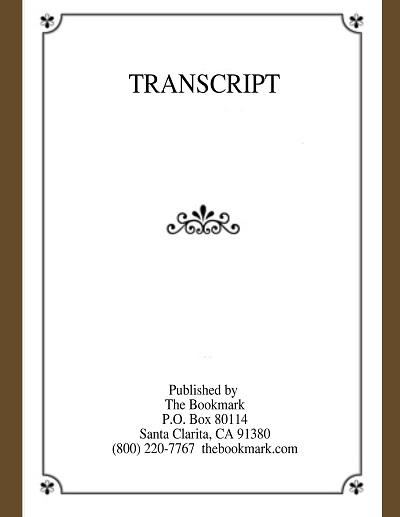Description
Each year Mr. Young addressed his association of students and wrote his students in England a “London Letter” to be read when they met for their association day. His papers are brilliant in that he defines absolute Truth, relates it to human consciousness, and explains how to heal and redeem the mind through divine metaphysics. Throughout each paper he goes from one subject to another, bringing to light different forms of mortal mind to be handled, and how to do so.
His Association Addresses and London Letters cover a multitude of subjects including malpractice, life and death, how to view the body in Christian Science, how to give a treatment, the Church and its functions, handling sickness and disease, coming out from under old theology, and many more.
In his Association Addresses, he writes:
“Everybody is a genius in the sight of God and there is no other sight. Every person is a genius because he has one infinite Mind, and he knows as his individuality the grandeur of the infinite Mind. Do not doubt this, but let the spontaneous spark of genius show in your thinking. Do not let anything persuade you that there is anything you cannot know.” (1927)
“Every difficulty, every so-called disease, every erroneous condition that confronts the human being, is invariably a belief. It never is contained in matter. It never is a disease on or in the body. It never is in difficulties in what is called business. IT IS ALWAYS BELIEF.” (1929)
“An infinite Science must be forever unfolding. Therefore our understanding of it must be forever unfolding also. There is no future experience, however remote or ideal, that will constitute the acme or end of that understanding.” (1930)
In his London Letters he writes:
“Ideas constitute all education. Christian Science education is no exception. We learn it through discovering thoughts, seeing that they are the phenomena of Mind, God, and must therefore be infinite.” (1916)
“Our practice is expressed in the words — Truth appearing and error disappearing. . . . Too often Christian Scientists keep themselves in an intermediate realm wherein Truth is affirmed and error merely resisted, instead of being extinguished.” (1933)
“The ideal of material progress is regimentation and standardization by which untold numbers of things, all alike, are produced. . . . Mind, on the contrary, being infinite, never repeats itself. There is no standardization or regimentation of divine ideas.” (1935)

